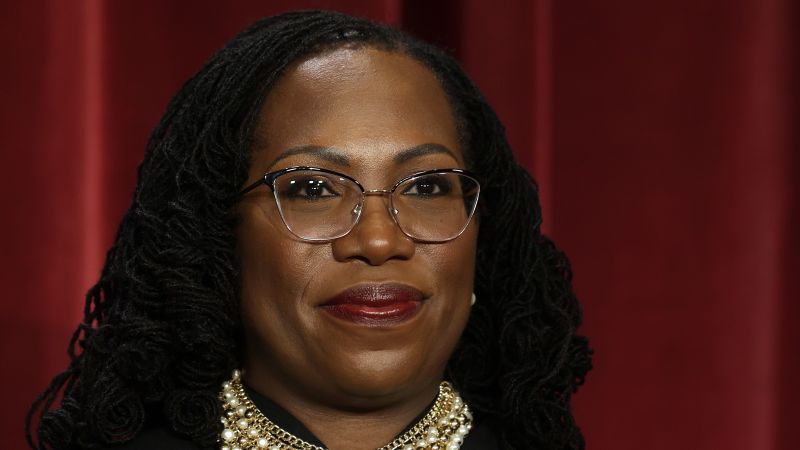Justice Jackson stated that allowing the president to claim immunity could create a “crime center” in the Oval Office, where any actions taken by the president could be shielded from legal consequences. She expressed concern that this would undermine the rule of law and the principles of accountability and transparency in government. Jackson emphasized the importance of holding all individuals, including the president, accountable for their actions, regardless of their position of power. She argued that the president should not be above the law and should be subject to the same legal standards as any other citizen.
During the immunity hearing, Justice Jackson challenged Trump’s lawyer on the implications of absolute immunity for presidential misconduct. She questioned whether absolute immunity would allow the president to engage in illegal activities without fear of legal repercussions, creating a dangerous precedent for future presidents. Jackson emphasized the need for checks and balances within the government to prevent executive overreach and abuse of power. She argued that immunity could undermine the constitutional principles of separation of powers and the rule of law, allowing the president to act with impunity.
In response to Justice Jackson’s concerns, Trump’s lawyer, D. John Sauer, defended the president’s right to claim immunity and argued that it was necessary to protect the executive branch from undue harassment and interference. Sauer maintained that absolute immunity was crucial for allowing the president to carry out their duties without fear of constant legal challenges and distractions. He contended that the president’s immunity was not absolute and could be challenged in cases of clear misconduct or criminal activity. Sauer also highlighted the importance of respecting the boundaries between the branches of government and allowing the president to fulfill their constitutional duties without unnecessary legal constraints.
Justice Jackson continued to press the issue of immunity, questioning whether it was appropriate to shield the president from legal consequences for actions taken in their official capacity. She argued that immunity could create a dangerous precedent for future presidents and set a troubling example for the American public. Jackson emphasized the importance of upholding the rule of law and ensuring accountability in government, regardless of individual positions of power. She urged the court to carefully consider the implications of granting absolute immunity to the president and to prioritize the principles of justice and equality under the law.
Overall, Justice Jackson’s warnings about the potential consequences of granting the president absolute immunity highlighted the significance of upholding the rule of law and maintaining accountability in government. Her concerns about creating a “crime center” in the Oval Office underscored the dangers of allowing the president to act with impunity and without fear of legal repercussions. Jackson’s questioning of Trump’s lawyer on the implications of immunity for presidential misconduct raised important issues about the balance of power within the government and the protection of individual rights. Her arguments against absolute immunity emphasized the need for transparency and accountability in government and the importance of holding all individuals, including the president, to the same legal standards.


